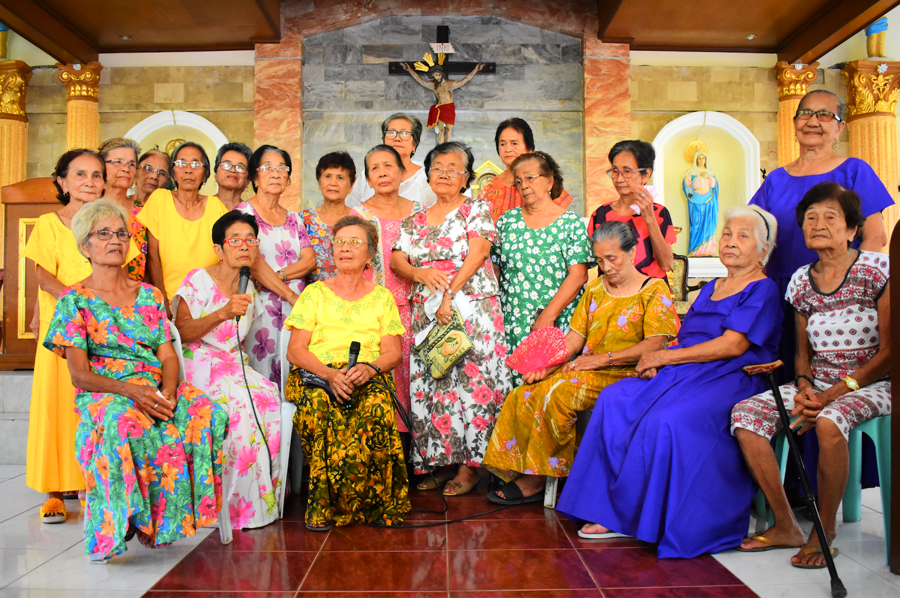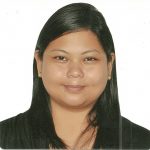In this blog, Women’s Working Group (WWG) Coordinator and Bertha Justice Alumna Ethel Avisado writes about her reflections from the 2017 WWG gathering in Manila, Philippines and why she feels the WWG is a critical intervention in the struggle for social justice. Resulting from an informal conversation amongst young women lawyers in 2014, the WWG is a Bertha Justice Fellow-driven initiative that provides a safe space for women to come together in solidarity and talk about shared gender-related challenges they face working as lawyers in patriarchal societies. Bertha Foundation supported the gathering as well as Ethel’s 21-month role as coordinator of the group.
In September 2017, Centerlaw hosted a three-day WWG gathering bringing together 21 women from 10 organizations across the Bertha Justice Network. The meeting focused on ways to empower radical female lawyers to overcome gender discrimination, to enable the swapping of strategies, to tackle challenges arising from working in a male-dominated profession and to advance gender issues in our respective organizations.
What makes the Women’s Working Group so potent – and in my opinion so powerful – is the sense of solidarity created at these events by holding a safe space where women can support one another in the fight for gender equality.
https://www.youtube.com/watch?v=L0173byqXtc&feature=youtu.be
Why are gatherings a critical intervention in the fight for gender justice
The Women’s Working Group is a support collective of women of the Bertha Justice Network united by the vision of a world with full gender justice where everyone is empowered and given equal opportunity to achieve their full potential. We want to ensure that our work as social justice advocates empowers others, embodies gender justice and identifies and challenges discrimination in all its manifestations.
The diverse group of women who were present at the gathering emphasized the value in understanding how discrimination manifests in different contexts. We talked about deeply personal experiences of hostility and gender-based microaggressions in the context of culture, religious beliefs and political systems including passive-aggressive “protective” behaviors towards female lawyers by male counterparts, threats of sexual violence, threats to safety and security and underrepresentation in the workplace.

We also talked about the importance of intersectionality and recognizing that beyond advocating for women’s rights and equality in the workplace, we have to consider how different identities of women shape how we experience oppression and discrimination. This includes race, class, religion, ethnicity, sexual orientation and other social identities that create bias.
Beyond providing a safe space for the sharing of personal experiences, the WWG was also a valuable resource for those of us working on cases of discrimination. As social justice and movement lawyers, we fight for the rights of women who have survived devastating forms of gender-based discrimination: honor killings, acid attacks, sexual violence in conflict situations, denial of reproductive health rights, lack of access to services by women, rape, sexual harassment, domestic violence and other forms of gender-based violence. Through our visit to the Malaya Lolas (Free Grandmothers), a group of Filipina women who survived sexual slavery committed by the Japanese military during WWII, we were able to express our solidarity with the Lolas while also learning from the women at Centerlaw and the European Center for Constitutional and Human Rights about how they support the Lolas’ ongoing quest for justice.

From organic beginnings
The Women’s Working Group sprang to life in a vineyard in South Africa during the first Bertha Justice Global Convening back in 2014 when Fellows and staff lawyers in the Bertha Justice Network opened up about their personal experiences of gender discrimination. Supported by Jen Robinson, then Director of the Bertha Justice Initiative, the group looked to create a platform to continue discussing gender discrimination and embed strategies to empower women in the Bertha Justice Network.
Thanks to support from a Bertha Educational Exchange grant, the first Women’s Working Group gathering took place in Berlin in 2014. For many of us, it was the first time we felt able to speak freely about the modes of discrimination we face in our own lives, and how the same modes of discrimination impact the lives of the people we defend. We felt energized and inspired by this new sense of solidarity and realization that together we can move the dial on gender equality.
When I look back on the gathering in Manila and the start of the WWG, I realize that it was a deeply moving and powerful moment for all of us because we found in each other a new support network, a way to brainstorm solutions to the challenges that often feel insurmountable. I’m eternally grateful to the women of the WWG for their ongoing support and sisterhood.
 WWG gathering participants reflect on the challenges faced by women in human rights organizations at a session hosted at the University of the Philippines, a center for student activism.
WWG gathering participants reflect on the challenges faced by women in human rights organizations at a session hosted at the University of the Philippines, a center for student activism.You can find more blogs about the Women’s Working Group here:
Seeking Justice for the Malaya Lolas
Empowering Women Human Rights Lawyers
Women of the Bertha Justice Initiative
A Ball that Breaks Through Boundaries
Women. Radical. Lawyers: A Film

Ethel Avisado, Women’s Working Group Coordinator and Attorney at Centerlaw
Article Tags: Bertha Justice Initiative / network solidarity / solidarity / Women / women lawyers / Women's Working Group